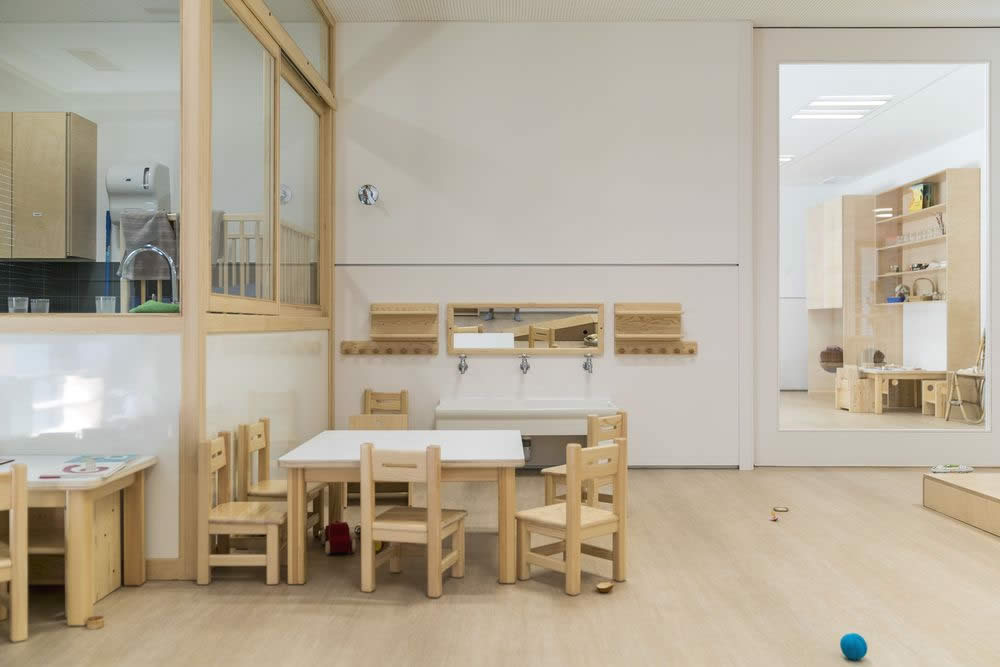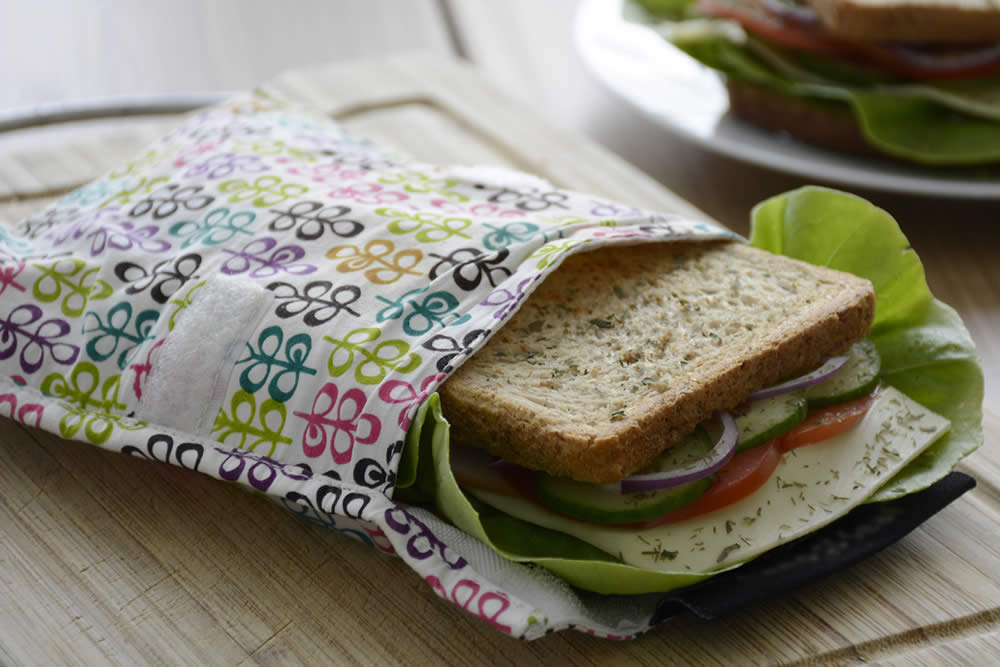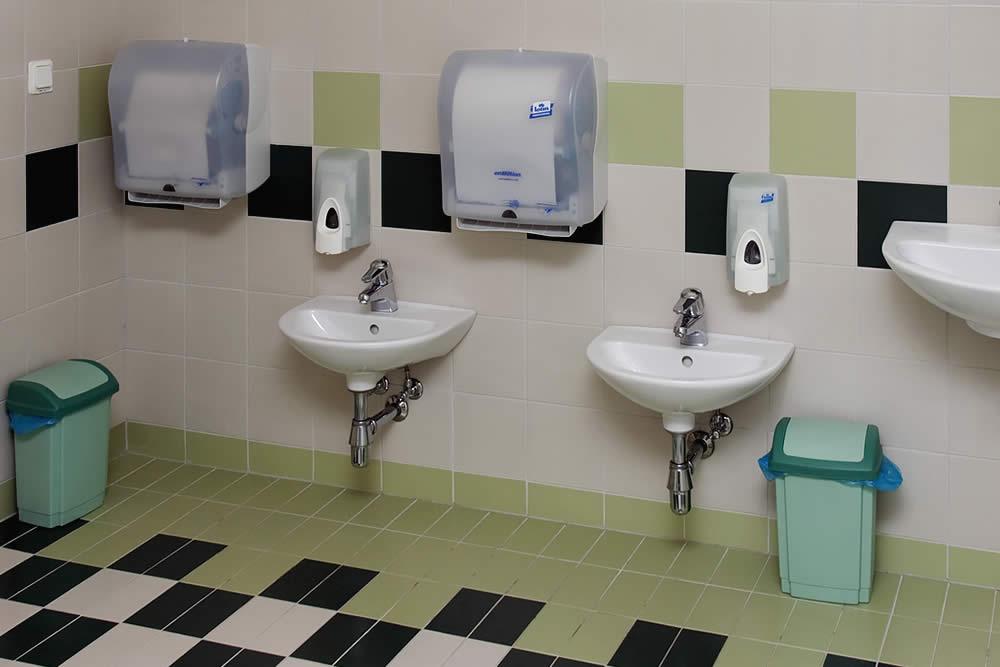Consejos de prevención en la escuela
Las escuelas y los institutos son espacios donde los más jóvenes de la casa pasan gran parte de la jornada. En estos centros, incluso las actividades más rutinarias pueden ser un buen momento para transmitir buenos hábitos y nuevos conocimientos.
En el aula
El aula es el espacio de la escuela donde se usan más materiales: bolígrafos, lápices, hojas de papel, libretas, calculadora... Siguiendo estos consejos, seremos capaces de generar menos residuos.
- Antes de comprar material nuevo, comprueba las existencias y el estado del material del curso anterior por si se pueden reutilizar. Para los artículos que tengan que comprarse nuevos, opta por los materiales con ecoetiqueta y por los que parezcan más resistentes.
- Utiliza bolígrafos y lápices recargables. Cuando se acaben los cartuchos de tinta, no tendrás que tirarlos, cambiando la mina los podrás usar una y otra vez.
- Utiliza calculadoras solares, evitarás el uso de pilas y las podrás utilizar durante muchos años.
- Utiliza los papeles y las libretas por las dos caras. Guarda las hojas de papel usadas para escribir notas, borradores, etc.
- Si tienes que presentar un trabajo, imprime siempre a dos caras y en formato borrador, gastarás la mitad de papel y ahorrarás en tinta de impresora.


En el comedor
El comedor es un espacio compartido donde el alumnado genera gran parte de los residuos que producen las escuelas, sobre todo materia orgánica.
- Utiliza correctamente los contenedores destinados a cada fracción (orgánica, envases/reciclables, papel y cartón, vidrio y rechazo). Si no se pueden prevenir los residuos, debes separarlos correctamente para que puedan reciclarse.
- Opta por usar productos sostenibles y reutilizables, como servilletas de tela en lugar de papel.
- Usa vasos de vidrio, bandejas metálicas, platos de cerámica y cubiertos de metal. Si evitas materiales de un solo uso, podrán reutilizarse tantas veces como se quiera.
- Consume agua del grifo o de una fuente, ahorrarás envases y reducirás mucho los residuos plásticos.
- No desperdicies la comida. Sé consciente de la cantidad de comida que necesitas para saciarte y evitarás que acabe en la basura.
En el patio
El patio es el lugar donde normalmente se pasa el rato de recreo y del desayuno. Comportémonos de forma responsable y mantengamos el espacio limpio para que todo el alumnado pueda disfrutar de este.
- Llévate el desayuno en un táper o en un envoltorio reutilizable, generarás muchos menos residuos y podrás utilizarlos las veces que quieras.
- Utiliza correctamente los contenedores destinados a cada fracción (orgánica, envases/reciclables, papel y cartón, vidrio y rechazo). Si no se pueden prevenir los residuos, debes separarlos correctamente para que puedan reciclarse.


En el lavabo
Aplicando unos consejos muy sencillos, conseguiremos que el lavabo de la escuela sea un espacio limpio y libre de residuos.
- Compra el gel en envases grandes y rellena los dispensadores de jabón de manos cuando se vacíen.
- Evita el papel para secarte las manos. Existen alternativas, como las toallas de tela o los secadores de aire, que no generan ningún tipo de residuo.
- Coloca una papelera para los residuos sanitarios, se mantiene el espacio limpio y se evita que se tiren al inodoro.
